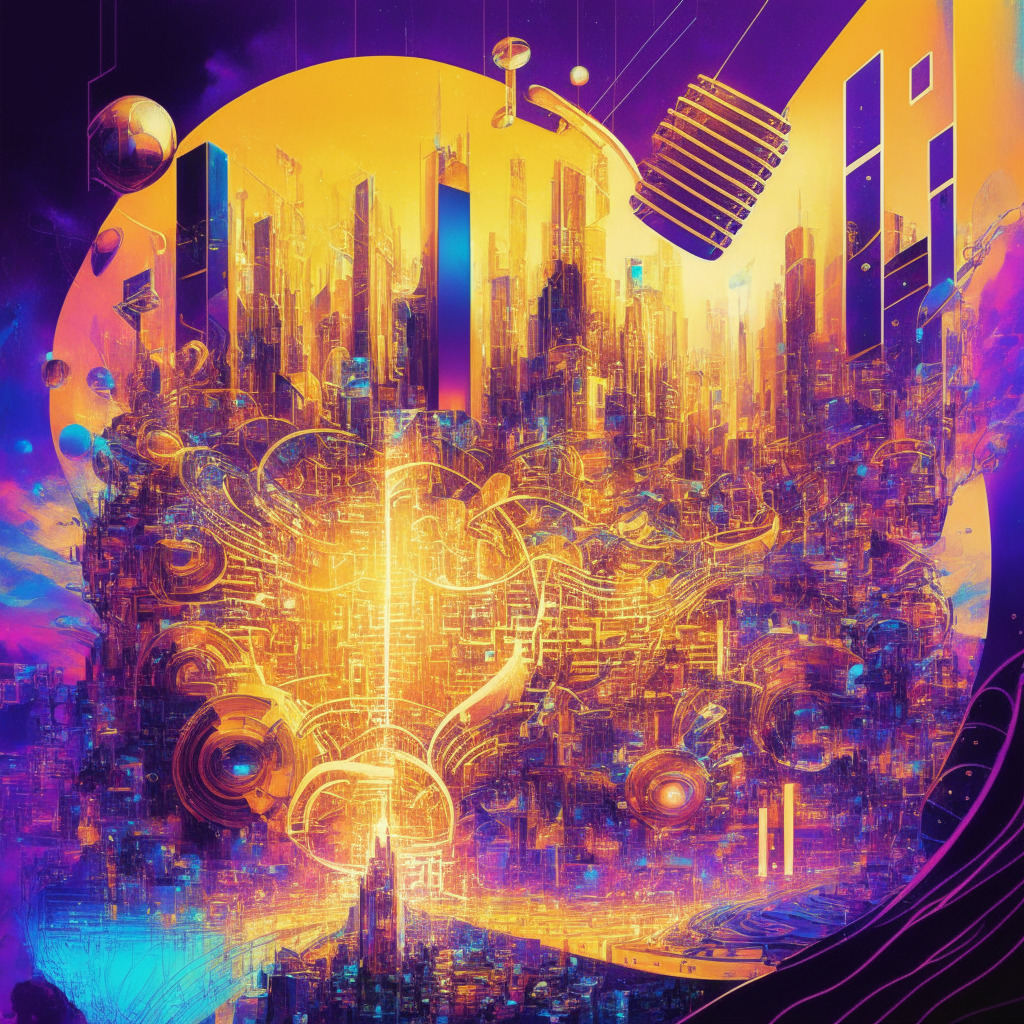The intersection of blockchain, NFTs, and music has piqued the interest of investors as it empowers fans to acquire rights to their favorite music, something that was near-impossible just a few years ago. Web3 marketplace AnotherBlock recently demonstrated the growing influence of this phenomenon as it raised €4 million ($4.35 M) in a funding round led by UK-based venture capitalist firm, Stride VC. The Sweden-based company experienced a surge of success following their notable sale of tokenized music rights related to Rihanna.
The founders of AnotherBlock, Michel D. Traore, Sebastian Ljungberg, and Flip Strömsten, saw a significant boost in music NFT sales after a co-producer on Rihanna’s album, Jamil “Deputy” Pierre, sold his royalties for the song “Bitch Better Have My Money” as an NFT for a reported $63,000. This milestone followed a viral performance of the song at the Super Bowl LVII halftime show, which raised the platform’s exposure and consequently attracted further venture capital funding. Axwell from Swedish House Mafia was among the participants in the fundraising round.
AnotherBlock is not the first or only Web3 music NFT marketplace to secure VC funding after experiencing a sales boom; it has also happened for the NFT-based music platform Royal. Both platforms allow fans to buy and sell tokenized ownership of songs, with a percentage of the music’s streaming rights also available for purchase in a tokenized form. This added benefit allows fans to earn royalties alongside the artists they love.
According to Gabbi Cahane, a partner at Stride VC, this progress could signify a significant transformation for the music industry, which has traditionally been protective of intellectual property ownership. Axwell also expressed his enthusiasm for AnotherBlock’s vision, stating that the company’s future would provide increased rights flexibility, empowering creators to share financial incentives with their fans.
While many industry insiders and fans predict a bright future for tokenized music rights and NFT platforms, doubts still linger. Skeptics question whether these platforms could sustain their current growth and if music rights are adequately protected in this new domain. Furthermore, the intricacies of royalty payments and the management of secondary sales could potentially create legal and administrative challenges. Despite these concerns, the backing from high-profile venture capitalists and artists suggests that the power of Web3 and emerging NFT platforms should not be taken lightly.
Ultimately, whether the success of Web3 music marketplaces such as AnotherBlock and Royal causes a lasting shift in the music industry remains uncertain, as do the potential drawbacks of such advances. However, the rapid adoption of tokenized music assets and NFTs reveals an intriguing new frontier for artists, industry professionals, and fans alike to explore.
Source: Cryptonews




